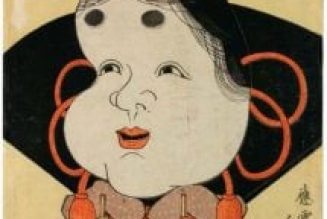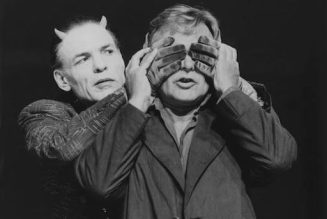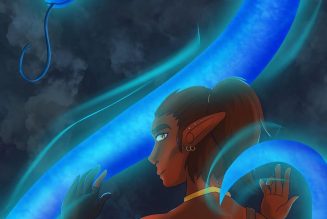
Let us, in the first place, consider the spirit in reference to its union with the body. The spirit is the principal being, because it is that which thinks, and which survives the body, the latter being only an envelope, a vestment, of gross matter, that the spirit throws off when it is worn out but, besides this material envelope, the spirit has a second envelope, which is semi-material, and which unites it to the first at death, the spirit casts off the first, but retains the second, to which we give the name perispirit. This semi-material envelope, which has the human form, constitutes, for the spirit, a vaporous, fluidic body, which, though invisible to us in its normal state, nevertheless possesses some of the properties of matter. A spirit is therefore not a mathematical point, an abstraction, but is a real being, limited and circumscribed, and lacking only the qualities of visibility and palpability to show its resemblance to human beings. Why then should it not act on matter? Is it because its body is fluidic? But is it not among the most rarified fluids, those which we call “imponderable,” as electricity, for example, that man finds his most powerful motors? Does not imponderable light exercise a chemical action on ponderable matter? We do not understand the precise nature of the perispirit but, supposing it to be formed of electrical matter, or of something else equally subtle, why should it not have the same property of action as electricity, when under the direction of a will?








